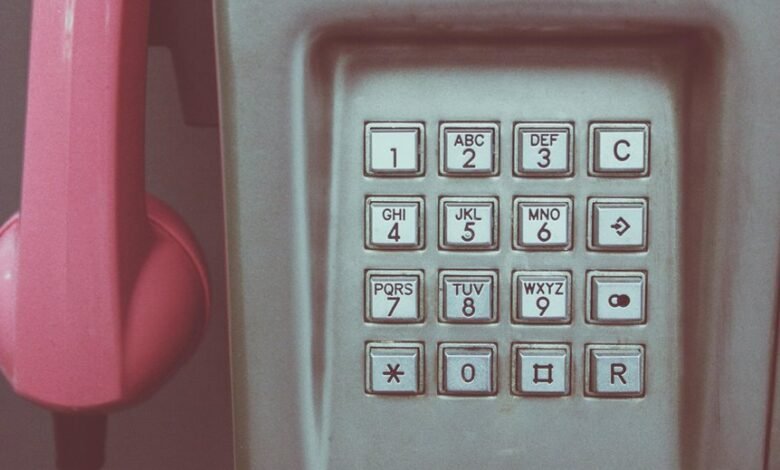2039536320 Redial Likelihood After First Missed Call

The likelihood of redialing the number 2039536320 after a missed call is influenced by various factors. These include the caller’s relationship with the recipient and the perceived urgency of the message. Emotional responses and social norms can also play a significant role. Understanding these dynamics reveals underlying motivations that may drive individuals to reconnect. The implications of these factors warrant further examination, particularly regarding their impact on communication patterns.
Factors Influencing Redialing Behavior
Although various factors can influence an individual’s decision to redial after a missed call, key elements often include the relationship with the caller, the urgency of the communication, and the context of the missed call.
Call urgency significantly impacts redial behavior, as individuals prioritize responses to urgent matters.
Additionally, missed expectations regarding communication can compel a person to redial, seeking clarification or resolution.
Psychological Triggers for Redialing
When individuals experience a missed call, various psychological triggers can prompt them to redial, reflecting deeper cognitive and emotional processes.
Emotional responses to perceived urgency or concern often arise, compelling the individual to reconnect.
Additionally, social pressure may influence their decision, as cultural expectations surrounding communication can create a sense of obligation to maintain contact, thereby increasing the likelihood of redialing.
Impact of Missed Calls on Relationships
Missed calls can significantly impact interpersonal relationships, as they often serve as indicators of social connection and communication dynamics.
Such missed opportunities can lead to misunderstandings and feelings of neglect, altering relationship dynamics. The failure to respond promptly may create tension, prompting individuals to reassess their emotional investment.
Ultimately, missed calls can signify deeper issues within the relationship that merit attention.
Strategies for Effective Communication After Missed Calls
Effective communication after a missed call requires a strategic approach to ensure that the message is conveyed clearly and promptly.
Implementing follow-up techniques, such as timely text messages or voicemails, can mitigate missed opportunities.
Prioritizing clarity and brevity in these communications aids in maintaining engagement and encourages a prompt response, fostering a sense of connection despite the initial lapse in communication.
Conclusion
In conclusion, the decision to redial 2039536320 following a missed call is shaped by various psychological and contextual factors. For instance, consider a scenario where a parent misses a call from their child during a critical moment, such as an emergency. The emotional weight of concern and urgency compels the parent to redial immediately, illustrating how interpersonal dynamics and situational context drive the likelihood of follow-up communication. Understanding these influences can enhance strategies for addressing missed calls effectively.




